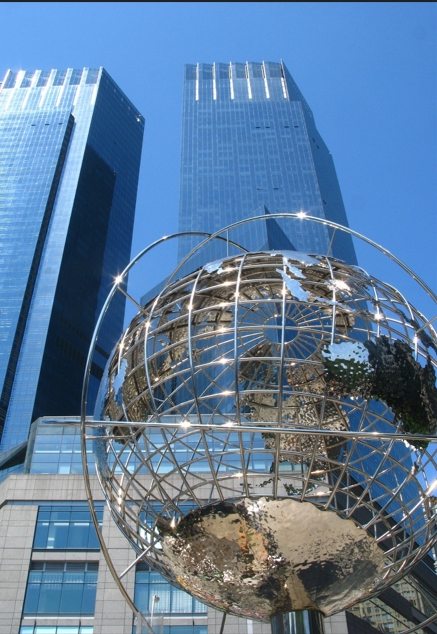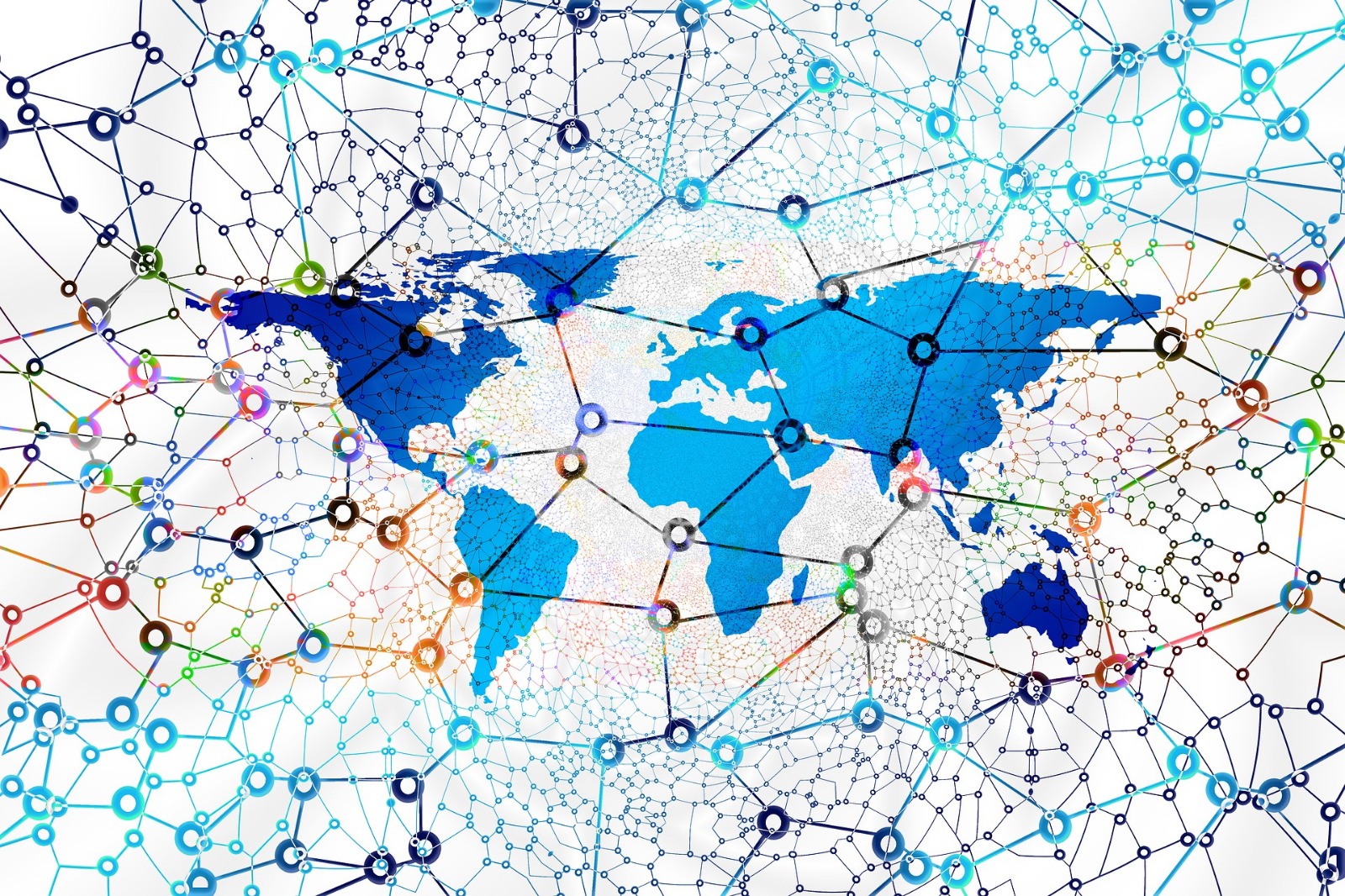

Trademarks of international companies continue to be protected in the Russian Federation
The multinational companies that have maintained their presence in Russia are exploring avenues to enhance the efficacy of protecting their trademarks. For instance, the affiliate of “Unilever”, LLC “Unilever Rus”, has been granted the rights to use in Russia the trademarks “Chistaya Liniya”, “Barkhatnye Ruchki”, “Chernyi Zhemchug”, “Lesnoi Balsam”, “Inmarko”, “Ekzo”, and others that are popular in Russia.
Previously, the ownership of these trademarks was held by the Dutch entity “Unilever IP Holdings B.V.” and the British entity “Unilever Global IP”. This move will enable the company to streamline risk management, particularly in combating counterfeit goods.
During legal proceedings in such disputes, although unsuccessfully, arguments frequently revolve around the relinquishment of trademark protection solely based on the jurisdiction of the trademark holder.
Consequently, the swift response to potential breaches concerning well-known trademarks of foreign origin has become more crucial in recent times. Some entrepreneurs have begun to replicate prominent trademarks more actively, hoping that some trademark holders may have ceased monitoring violations in Russia. Additionally, there are risks of premature termination of trademark protection due to claims of non-use.
The landscape has shifted from the “patent trolls” of the early 2000s to entities focusing on identifying unused trademarks and attempting to revoke their protection for personal gain, although such occurrences are sporadic. While endeavors by individual market players to obtain renowned trademarks have always existed, they have witnessed a surge in 2022. Nonetheless, the Russian Federation remains committed to safeguarding intellectual property, including that of multinational corporations. The number of disputes over the protection of foreign trademarks declined in 2023 following an uptick in 2022.
